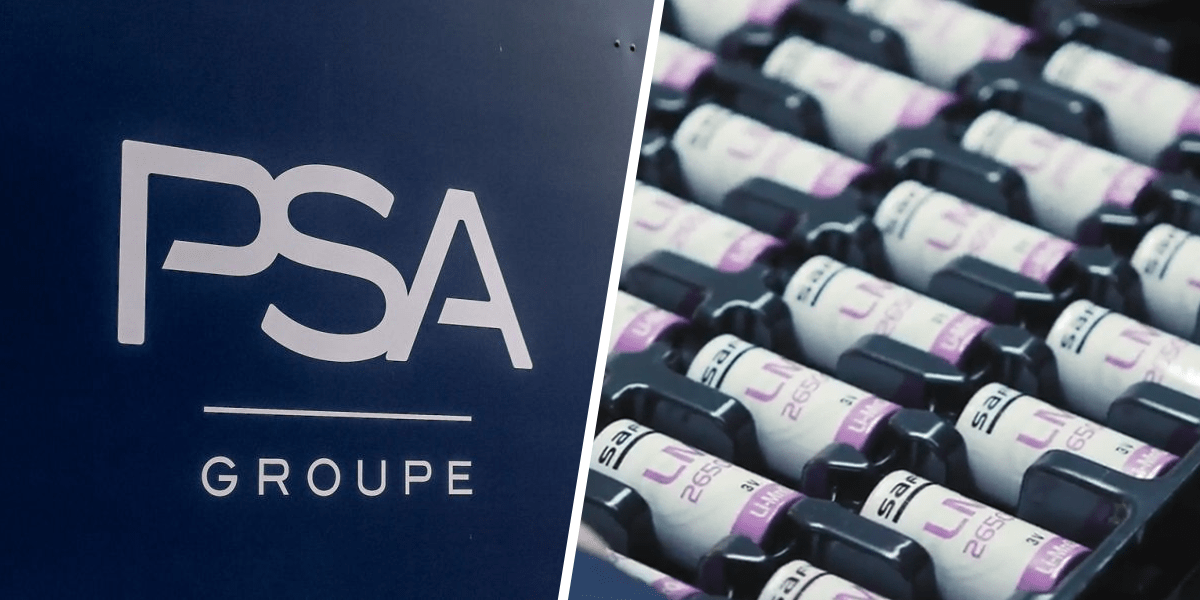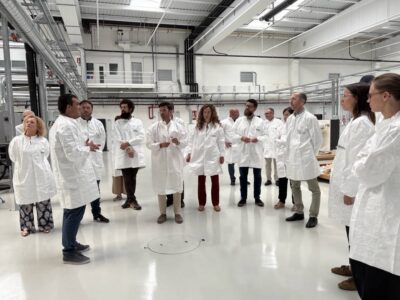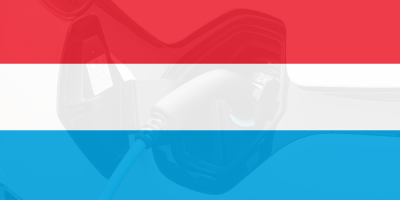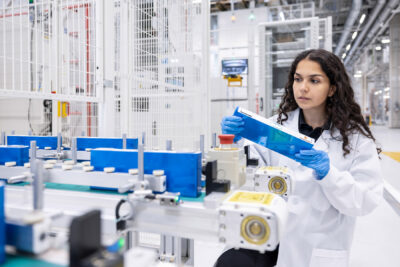PSA, Opel and Saft battery consortium ready to go
The Franco-German initiative announced last December for setting up a battery cell production facility is becoming concrete. The economic ministries of both countries have now proposed the alliance as the first consortium for funding from the EU Commission.
+ + Kindly see update below + +
The consortium involves the French car manufacturer PSA with its German subsidiary Opel and the French battery manufacturer Saft, which belongs to the Total group. The German newspaper, Frankfurter Allgemeine Zeitung (FAZ) reported that the consortium is planning “large-format and sustainable battery production in France and Germany”, supposing that the Opel component plant in Kaiserslautern in Germany could become one of the locations where battery cells are produced in the future.
FAZ quoted the following excerpt from the declaration of intent submitted by France and Germany in support of the consortium: “Due to urgent and irreversible strategic decisions by the partners”, the project needs a green light from Brussels as soon as possible. Meanwhile, the letter does not explicitly state the funding amounts involved or the location of the planned production facility. German Minister for Economic Affairs and Energy, Peter Altmaier, and his French counterpart Bruno Le Maire are scheduled to discuss the next steps on 2 May.
Last November, German Minister for Energy Peter Altmaier promised one billion euros for the establishment of a battery cell production facility. This was followed in February by the corresponding call for proposals. According to the German Federal Ministry for Economic Affairs and Energy, the aim is to forge a network with other European countries to manufacture battery cells of the latest generations. “We need competitive, innovative and environmentally friendly battery cell production in Germany and Europe. Our own know-how in this part of the value chain is crucial for the future market success of our companies. This is why we will support the entrepreneurial initiatives,” said the German Minister. In February this year, the French government also pledged 700 million euros towards battery production.
More than 30 companies applied for the state funding provided by the German Ministry for Economic Affairs and Energy, including 6 consortia and carmakers Volkswagen and BMW, as well as German battery maker Varta and Swedish battery manufacturing startup Northvolt. In Sweden, Northvolt is building a European Gigafactory with a $1.6 million plant expected to have a 32 GWh capacity by 2023.
Bottlenecks in the battery supply chain are hampering European production of electric vehicles. Europe is aiming to challenge Asian dominance in battery markets. In November last year, German Minister for Energy made the bullish claim that one-third of the world’s batteries will be made in Europe by 2030. Currently, China dominates production for lithium-ion cells with 60 per cent of the global total, with Japan second at 17 per cent and Korea third at 15 per cent. At electrive.com, we calculated what this would actually mean in terms of the number of factories that will need to be built in Europe to achieve Altmaier’s 30 per cent goal.
At the beginning of this supply chain is of course lithium. Northvolt, for example, hopes that by making the cathode element with help from Sweden’s cheap renewable energy, it can build cells for less, especially with the increased uptake of solid state batteries. Northvolt even has a potential local supply from the lithium mine in nearby Finland. Other European lithium mines in development include the Mina do Barroso lithium project in Portugal, which was just wholly bought by London-based Multi-commodity developer Savannah Resources, and the Australian group Infinity Lithium which owns 75 per cent of the lithium mine development in San Jose, Spain.
Northvolt and Volkswagen Group announced late in March they would join forces to form the European Battery Union. The consortium will focus on the entire battery value chain from raw material production to cell technology and cell production processes to recycling.
Last month, our Paris correspondent Cora Werwitzke gave an overview of battery cell production from the French perspective.
Update 3 May 2019: During a press conference yesterday, German Minister of Economic Affairs and Energy Peter Altmaier and the French Minister for Economic Affairs and Finance, Bruno Le Maire, confirmed that PSA group and the battery manufacturer Saft want to advance a European consortium for the production of battery cells. The project has attracted initial investment of five to six billion euros and the EU Commission is awarding the consortium a maximum of 1.2 billion euros for the undertaking. “Other member states have already expressed interest in joining this project,” Le Maire said, citing Italy, Belgium, Poland, Austria and Finland.
autonews.com, reuters.com, france24.com (update)





1 Comment